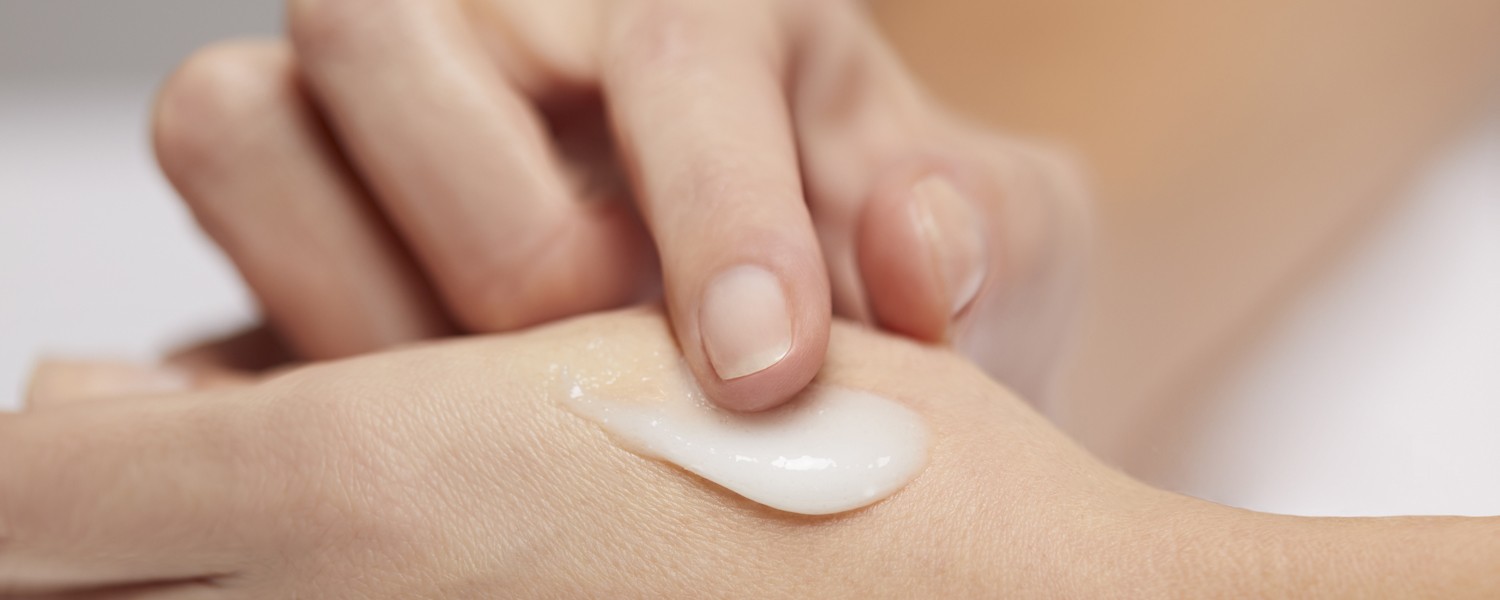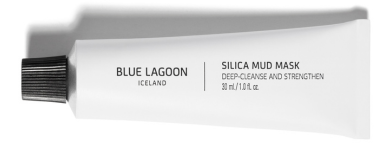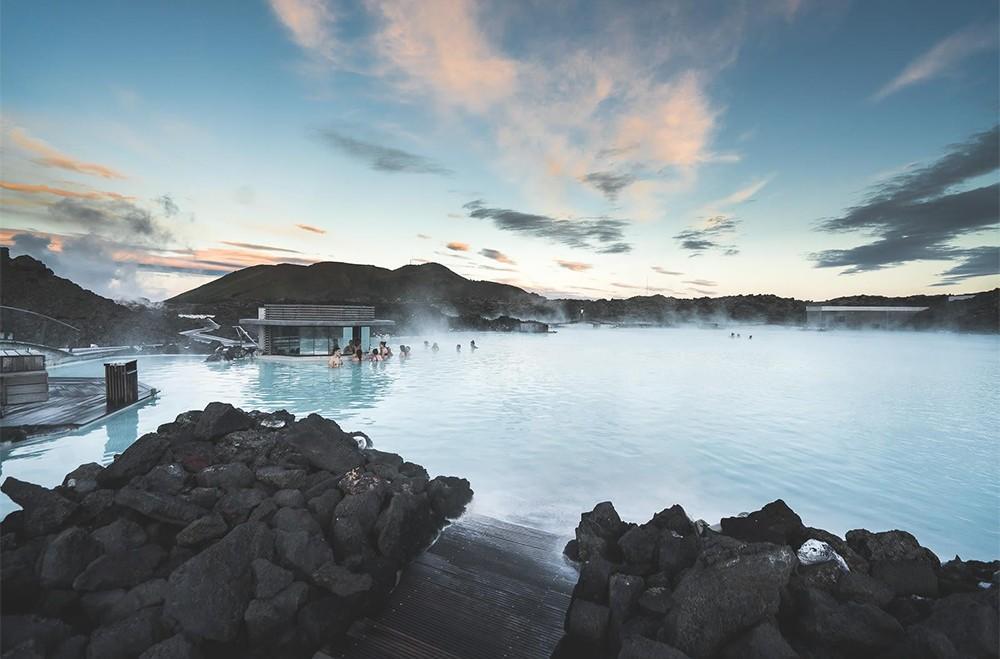Face Exfoliation: The Secret to Glowing Skin


The quest for healthy, radiant, flawless skin has inspired countless rituals, routines, and formulas that often can be quite confusing and dizzying. But there is one simple activity that is fundamental to achieving a youthful glow: exfoliation.
The quest for healthy, radiant, flawless skin has inspired countless rituals, routines, and formulas that often can be quite confusing and dizzying. But there is one simple activity that is fundamental to achieving a youthful glow: exfoliation.
What is exfoliation?
Each day, our skin is in a constant state of flux. Millions of cells are born and millions of cells die. Exfoliation is the process of removing dead skin cells from the outermost layer of skin. This procedure is absolutely crucial for skin health because dead skin cells have numerous detrimental effects: clogged pores, dark spots, rough skin texture, more pronounced wrinkles, dullness, and dryness. Likewise, the accumulation of dead skin cells inhibits the effectiveness of your skincare products because they can’t reach past the outer layers of dead cells.
What is exfoliation?
Each day, our skin is in a constant state of flux. Millions of cells are born and millions of cells die. Exfoliation is the process of removing dead skin cells from the outermost layer of skin. This procedure is absolutely crucial for skin health because dead skin cells have numerous detrimental effects: clogged pores, dark spots, rough skin texture, more pronounced wrinkles, dullness, and dryness. Likewise, the accumulation of dead skin cells inhibits the effectiveness of your skincare products because they can’t reach past the outer layers of dead cells.
What are the benefits of exfoliation?
Exfoliation has numerous benefits. Clearing away dead skin cells stimulates healthy cell turnover, purifies clogged pores, boosts microcirculation, evens skin tone and texture, and optimizes the performance of your skincare, enabling serums, oils, and moisturizers to reach beneath the outer layer of skin. Ultimately, your skin becomes smoother, healthier, more radiant. However, it’s important to choose your exfoliation method according to your skin type.
What are the benefits of exfoliation?
Exfoliation has numerous benefits. Clearing away dead skin cells stimulates healthy cell turnover, purifies clogged pores, boosts microcirculation, evens skin tone and texture, and optimizes the performance of your skincare, enabling serums, oils, and moisturizers to reach beneath the outer layer of skin. Ultimately, your skin becomes smoother, healthier, more radiant. However, it’s important to choose your exfoliation method according to your skin type.
What are the two methods of exfoliation?
There are two basic types of exfoliation: chemical and physical. The former is ideal for sensitive skin. Utilizing alpha hydroxy acids (AHAs), beta hydroxy acids (BHAs), or enzymes, this method takes the form of a peel or acid serum that chemically dissolves the bonds of dead skin cells so they can be gently wiped away without causing redness or irritation. Conversely, physical exfoliation typically involves a granular substance such as a scrub. Combined with the pressure and friction of your fingers, the scrub sweeps away dead cells, breaking their bonds through physical force.
What are the two methods of exfoliation?
There are two basic types of exfoliation: chemical and physical. The former is ideal for sensitive skin. Utilizing alpha hydroxy acids (AHAs), beta hydroxy acids (BHAs), or enzymes, this method takes the form of a peel or acid serum that chemically dissolves the bonds of dead skin cells so they can be gently wiped away without causing redness or irritation. Conversely, physical exfoliation typically involves a granular substance such as a scrub. Combined with the pressure and friction of your fingers, the scrub sweeps away dead cells, breaking their bonds through physical force.
How do I exfoliate my face at home?
Whether you’re using a chemical or physical exfoliant, always begin by washing your face with a cleanser.
For chemical exfoliation, apply the exfoliant all over your face and neck. Once it has been completely absorbed, you can move on to the next step of your skincare routine. Alternatively, your chemical exfoliant might be a “peel,” which means that you’ll need to rinse it off after a period of minutes or hours as defined by your product.
For physical exfoliation, apply a small amount of your chosen scrub and massage it into your face with gentle, circular motions for 30-60 seconds. After rinsing with warm water, your skin is ready for the next step of your routine, which might be a serum, cream, moisturizer, or hydrating mask.
How do I exfoliate my face at home?
Whether you’re using a chemical or physical exfoliant, always begin by washing your face with a cleanser.
For chemical exfoliation, apply the exfoliant all over your face and neck. Once it has been completely absorbed, you can move on to the next step of your skincare routine. Alternatively, your chemical exfoliant might be a “peel,” which means that you’ll need to rinse it off after a period of minutes or hours as defined by your product.
For physical exfoliation, apply a small amount of your chosen scrub and massage it into your face with gentle, circular motions for 30-60 seconds. After rinsing with warm water, your skin is ready for the next step of your routine, which might be a serum, cream, moisturizer, or hydrating mask.
How often should I exfoliate?
For optimal skin health, exfoliation should be done one to two times a week. The danger with over-exfoliating is that you can damage your skin's protective outer layer. Likewise, under-exfoliating facilitates the buildup of dirt, oil, and dead skin, ultimately leading to a dull complexion. The trick is to find the sweet spot. Your skin type and your method of exfoliation are the key factors in determining exfoliation frequency. Chemical exfoliants are generally better suited for sensitive skin and can thus be used more often. Conversely, exfoliating scrubs must be used more sparingly, but never less than once a week.
How often should I exfoliate?
For optimal skin health, exfoliation should be done one to two times a week. The danger with over-exfoliating is that you can damage your skin's protective outer layer. Likewise, under-exfoliating facilitates the buildup of dirt, oil, and dead skin, ultimately leading to a dull complexion. The trick is to find the sweet spot. Your skin type and your method of exfoliation are the key factors in determining exfoliation frequency. Chemical exfoliants are generally better suited for sensitive skin and can thus be used more often. Conversely, exfoliating scrubs must be used more sparingly, but never less than once a week.
Does Blue Lagoon Skincare offer face exfoliators?
We have two remarkable exfoliators for the face: Lava Scrub Mask, which is composed of fine grain lava harvested from the lava fields surrounding the Blue Lagoon; and Mineral Exfoliator, a mineral-rich, dual-action gel that gently exfoliates and removes makeup. Both exfoliators leave your skin smooth, revitalized, and primed for the next step of your skincare routine.
Does Blue Lagoon Skincare offer face exfoliators?
We have two remarkable exfoliators for the face: Lava Scrub Mask, which is composed of fine grain lava harvested from the lava fields surrounding the Blue Lagoon; and Mineral Exfoliator, a mineral-rich, dual-action gel that gently exfoliates and removes makeup. Both exfoliators leave your skin smooth, revitalized, and primed for the next step of your skincare routine.






